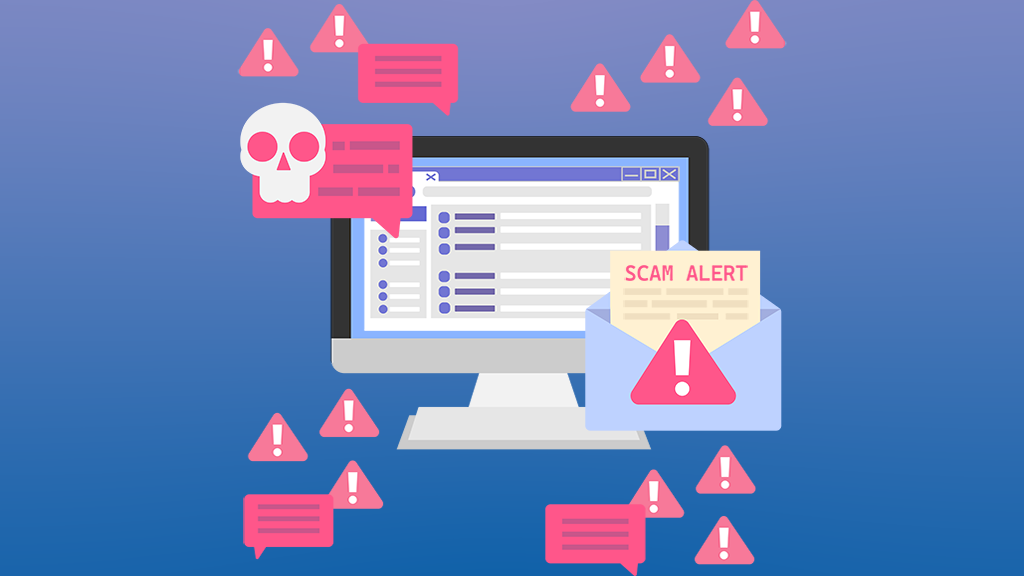Recently, the U.S. has been suffering from an outbreak of measles. Across the country, in states in the far west like California to states in the far east like New York, the current measles count as of Feb. 21, 2019 is up to 159, which exceeds the number of various cases in the past.
One of the more common factors that may explain the reason for the outbreak is undervaccination. This was observed by the director of the National Center for Immunization and Respiratory Diseases, Dr. Nancy Messonnier, at a congressional hearing held on Feb. 27, 2019.
“I do believe that parents’ concerns about vaccines leads to under-vaccination, and most of the cases that we’re seeing are in unvaccinated communities,” said Messonnier.
The most common reason as to why parents don’t want to vaccinate their kids, or at least prolong their vaccine schedules, is through concerns heightened by misconceptions about what vaccines do, as a Parents article noted.
A common concern is, “‘My baby’s immune system is immature, so it’s safer to delay some vaccines … ‘ The Truth: This is the biggest vaccine-related misunderstanding among parents today,” wrote the magazine.
As a way to assuage some concerns about vaccines, it’s vital to clear up some misconceptions and decide what actions should be taken.
What are Vaccines, Anyway?
Dr. Lindsay Phillips, the medical director for RIT’s Student Health Center, explained vaccines in simple terms.
She stated, “Vaccinations, at a basic level, involve showing your body all — or part of — a virus or bacteria … to the body’s immune system so that your body can recognize it.”
It’s in this process, Phillips iterated, that the body can create a defense against the virus or bacteria your body is being vaccinated for, therefore gaining an immunity to it.
In support of this, Robert Osgood, Biomedical Sciences program director and a Microbiology professor at RIT, defined vaccines in a similar manner.
“The basic way vaccines allow us to be protected from diseases,” Osgood said, “ … is [to] allow the immune system to have a chance to get a look at the organism that’s going to cause disease.”
By allowing your body to be able to identify what the disease is, your body will be able to premeditatedly make a strategy to fend for itself for the time when a serious carrier of the disease comes through your body’s system.
Introduction to the disease by vaccine is usually through a safe and controlled dose — a small amount — made up of some components of the disease, such as its proteins. However, some parents are concerned that by exposing their children to the disease in even the smallest sense, this could have the same effects as exposing them directly. However, this is a misconception.
Parents’ Concerns: Truth Versus Misconception
Exposing their child to a disease is just one of the many things parents are worried about. The American Academy of Pediatrics has a list of common concerns parents have when doctors begin talking about getting their child vaccinated. These concerns, such as why a child is getting so many immunizations at once, will need to be addressed so that parents can better understand the procedure.
Generally, parents may not understand the procedure itself, or are worried about possible side effects to the vaccine — such as the possibility of an allergic reaction. In this case, Phillips took into account parents’ fear of their children getting an allergic reaction to the vaccine, particularly a febrile seizure, which is a fever-induced condition where a child experiences seizures.
“Allergies to vaccines are extremely rare, and sometimes people develop medical conditions coincidentally around the same time they got a vaccination,” said Phillips.
In these cases, Phillips noted, people may wrongly attribute the condition to vaccinations. However, causation does not equate to correlation, and she stressed again that allergic reactions are extremely rare.
However, in cases where patients are allergic to certain vaccines or are unable to get vaccinated due to their weaker dispositions — such as having weaker immune systems for people with leukemia, or simply being not being exposed to it beforehand such as the cases of Somalian immigrants — it is still better to vaccinate younger children despite uncertainty of reactions. This is due to the concept of herd immunity.
“There are some people who can’t take vaccines … they have to rely upon herd immunity,” said Osgood. “One way they can be protected by herd immunity is by spending a greater amount of time around people who have been vaccinated. Therefore, those individuals can never get the disease and [won’t] have it to give to other people.”
The fact is, parenting is a scary thing. Seeing a small child being pricked by needles that inject a disease is a terrifying experience to many, especially when some of the short-term side effects are redness and rashes around the injection site. However, it must be emphasized that fatal side effects are rare and should not be the only factor when deciding whether or not a child should be vaccinated.
To Vaccinate or Not to Vaccinate
Ultimately, the question remains: what should parents do in regards to vaccines? Many medical professionals say to stick to the strict vaccine schedule that is highly recommended for children. This means you should not prolong the vaccinations nor avoid them.
Phillips summarized the decision about whether to vaccinate young children.
“Newborns’ immune systems aren’t really strong enough for us to vaccinate a one-month-old, and those are the people we’re trying to protect,” she said. “If people choose to not have vaccines for themselves, they are putting all their one-month-olds in their community at risk. Even if they don’t come into contact with [them, directly], they could carry the disease to someone else … who could then carry it to the [child].”







